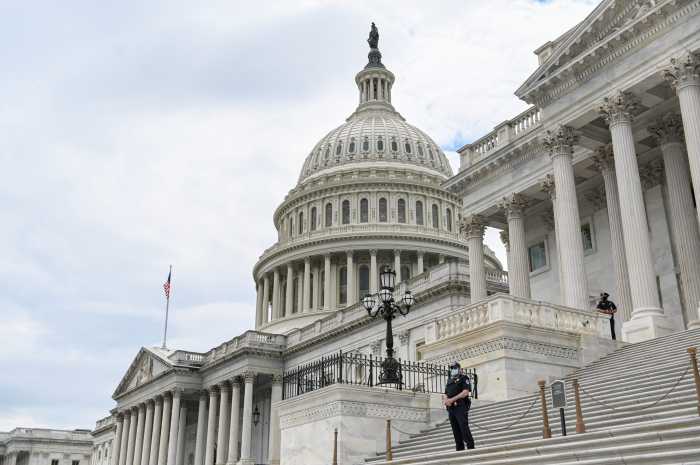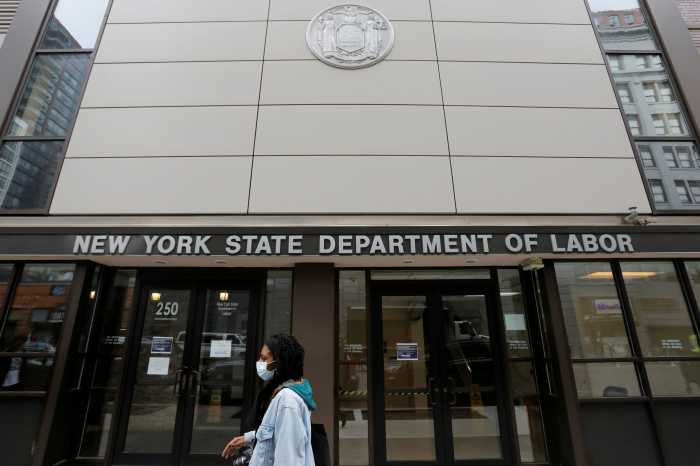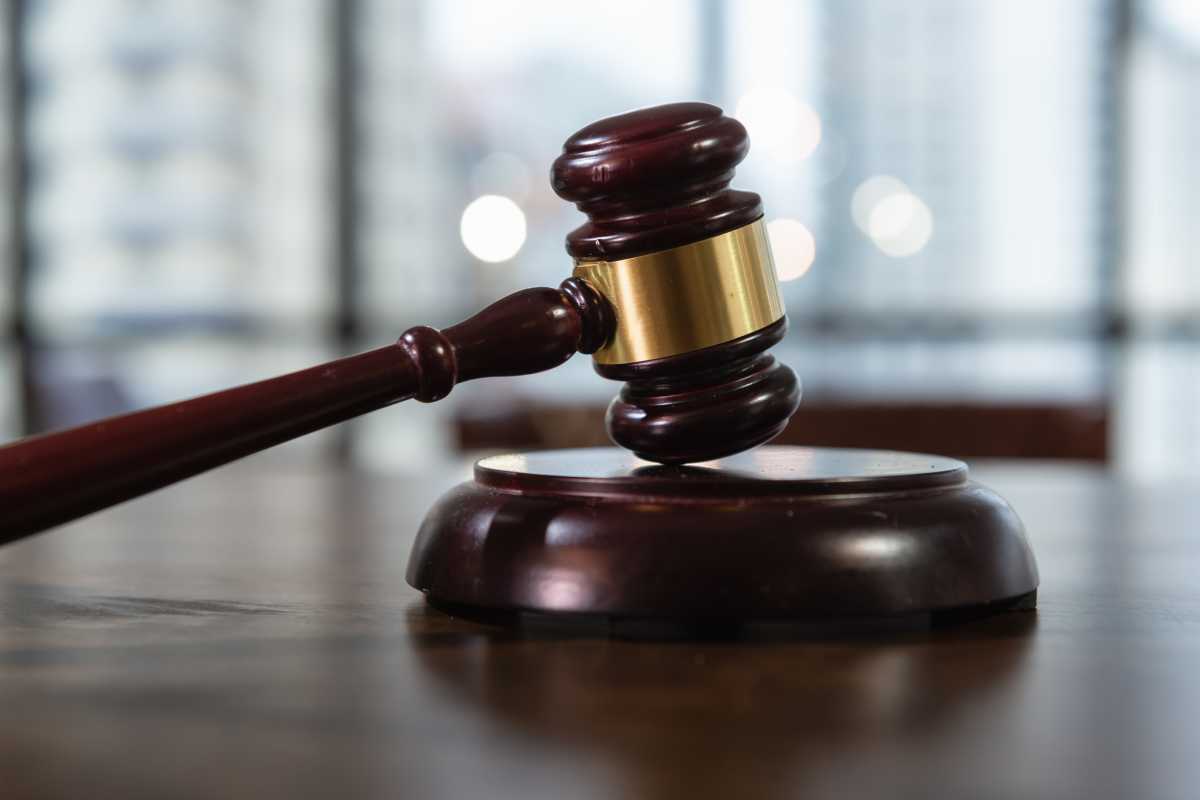BY LAWRENCE HURLEY, Reuters
Four U.S. states that President Donald Trump lost in the Nov. 3 election on Thursday began to file court papers opposing a long-shot Republican-backed lawsuit filed by Trump-supporting Texas Attorney General Ken Paxton in the Lone Star State’s name at the Supreme Court seeking to undo President-elect Joe Biden’s victory.
Officials from Georgia, Michigan, Pennsylvania and Wisconsin already have called the lawsuit, which aims to throw out the voting results in the four states, a reckless attack on democracy. The Supreme Court gave the four states a 3 p.m. EST deadline to file court papers in the case.
Pennsylvania was the first to file, with the state’s Democratic Attorney General Josh Shapiro saying that the Texas lawsuit was adding to a “cacophony of bogus false claims” about the election.
“What Texas is doing in this proceeding is to ask this court to reconsider a mass of baseless claims about problems with the election that have already been considered, and rejected, by this court and other courts,” Shapiro added.
The lawsuit is supported by Trump and 17 other states. The Republican president has falsely claimed he won re-election and has made baseless allegations of widespread voting fraud. State election officials have said they have found no evidence of such fraud.
“The Supreme Court has a chance to save our Country from the greatest Election abuse in the history of the United States,” Trump wrote on Twitter on Thursday, repeating his unfounded allegations that the election was rigged against him.
The lawsuit itself does not make specific fraud allegations, instead focusing on changes made by the four states to voting procedures amid the coronavirus pandemic to expand mail-in voting.
Texas said those changes removed protections against fraud and were unlawful when the reforms were made by officials in the four states or courts without the approval of the states legislatures.
Legal experts have said the lawsuit has little chance of succeeding and have questioned whether Texas has the legal standing to challenge election procedures in other states. Elections are controlled by each individual state.
Trump filed a motion with the court on Wednesday asking the nine justices to let him intervene and become a plaintiff in the suit, which was filed on Tuesday by Paxton, the Republican attorney general of Texas and an ally of the president.
Trump was due on Thursday to meet with Paxton and other Trump-supporting state attorneys general who back the power grab.
If the justices let Trump join the lawsuit, it would create the extraordinary circumstance of a sitting U.S. president asking the top American court to decide that millions of votes cast in the four states did not count. Biden, who garnered the support of more than 81 million Americans, defeated Trump in the four states, which Trump had won in the 2016 election.
Democrats and other critics have accused Trump of aiming to reduce public confidence in U.S. election integrity and undermine democracy by trying to subvert the will of the voters.
The lawsuit represents the latest in a long series of legal challenges – so far unsuccessful – brought by Trump’s campaign and allies trying to change the election results.
In addition to Missouri, the states joining Texas were: Alabama, Arkansas, Florida, Indiana, Kansas, Louisiana, Mississippi, Montana, Nebraska, North Dakota, Oklahoma, South Carolina, South Dakota, Tennessee, Utah and West Virginia. All of the states were represented by Republican officials in the filing.
One Republican state attorney general, Dave Yost of Ohio, filed a separate brief on Thursday disagreeing with the Texas proposal that votes be tossed out, saying that it “would undermine a foundational premise of our federalist system: the idea that the States are sovereigns, free to govern themselves.”
Some Republican members of Congress and other state officials have also criticized the effort.
The lawsuit was filed directly with the Supreme Court rather than with a lower court, as is permitted for certain litigation between states.
Texas asked the Supreme Court to immediately block the four states from using the voting results to appoint presidential electors to the Electoral College and allow their state legislatures to name the electors rather than having the electors reflect the will of the voters.
All four of the targeted states have Republican-led legislatures. Michigan, Pennsylvania and Wisconsin have Democratic governors, while Georgia has a Republican governor.
Biden has amassed 306 electoral votes – far higher than the necessary 270 – compared to Trump’s 232 in the state-by-state Electoral College that determines the election’s outcome. The four states contribute a combined 62 electoral votes to Biden’s total.
Texas also asked the Supreme Court to delay the Dec. 14 date for Electoral College votes to be formally cast, a date set by law in 1887.
The Supreme Court’s 6-3 conservative majority includes three justices appointed by Trump. Before the election, Trump said he expected its outcome to be decided by the Supreme Court.

































